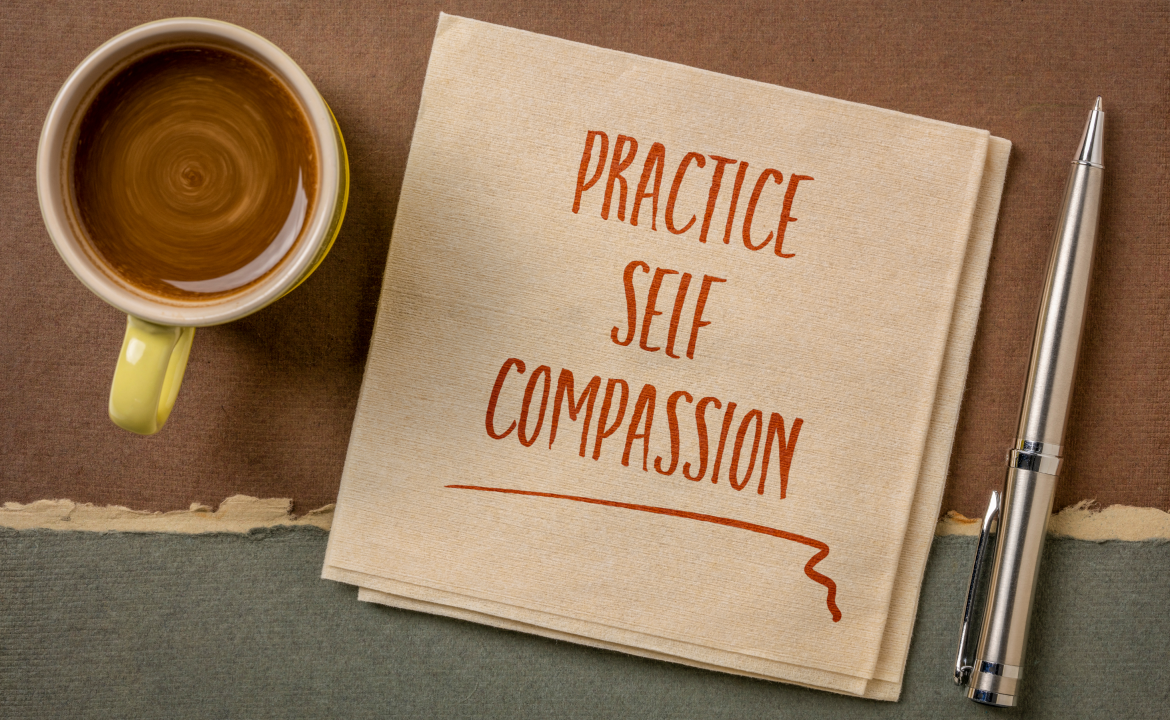Goals Of Mental Health Counseling
Mental health counselors are highly trained professionals that are licensed by the state. Counselors, unlike medical doctors, are not licensed to prescribe medication.
Counseling is more a form of talk therapy that focuses on supporting clients to deal with emotional issues that are causing stress, anxiety, and depression.
General goals of the mental health counselor
The overall goal of counseling is to assist clients in their personal and emotional development through talk therapy that focuses on overcoming obstacles that are causing emotional distress.
The counselor may encourage the client to identify issues causing confusion or distress. The main goal is to understand the causes of that behavior and help the client find ways of resolving their problems in a healthy and sustainable way.
Focusing on the client’s issues
Counseling is often used to assist a client in making better and more informed decisions, which supports the goals the client wishes to achieve through the counseling process.
Counseling also helps in supporting the client in managing their primary relationship. Ultimately, counseling is directed toward supporting the client in focusing on those issues that bring the client closer to a genuine sense of purpose and well-being.
Establishing a supportive and safe space
The counselor’s immediate goal is to create a supportive and safe environment for the client. The counselor seeks ways to better understand the client, while the client attempts to understand the counseling process and the counselor better.
A client wants to know whether it’s safe to open up and trust the counselor. Does the counselor understand what she is doing, and does the counselor genuinely have my best interests front and center?
Examples of Specific Goals of Counseling
- Developing new ways of avoiding reactive and unproductive behavior
- Helping clients improve the quality of their close relationships
- Cultivate a client’s inner and outer potential
- Assisting a client in finding new ways of reducing stress and anxiety
- Finding ways to identify and stop self-destructive behavior
- Encouraging clients to engage in positive thinking
- Assisting clients to acknowledge and stop addictive behavior
- Assisting clients in defining their personal goals
- Assisting clients in developing healthy decision-making skills
Different Types of Counseling Professionals
Counselors handle all kinds of cases. It is not unusual for counselors to treat domestic abuse victims or spouses who need assistance in keeping their marriage together.
Counselors, particularly Marriage and Family therapists (MFT), are uniquely qualified to assist children in emotionally adjusting to parental separation or divorce.
Another area of counseling is anger management, which is often a learned behavior and requires the counselor to assist the client in reducing impulsive or destructive expressions of anger.
Finally, certified drug counselors can assist clients with drug and alcohol abuse and other drug dependency conditions.
Consider connecting with an online counseling service for more information and to schedule a one-on-one appointment to discuss your particular questions and issues.





















